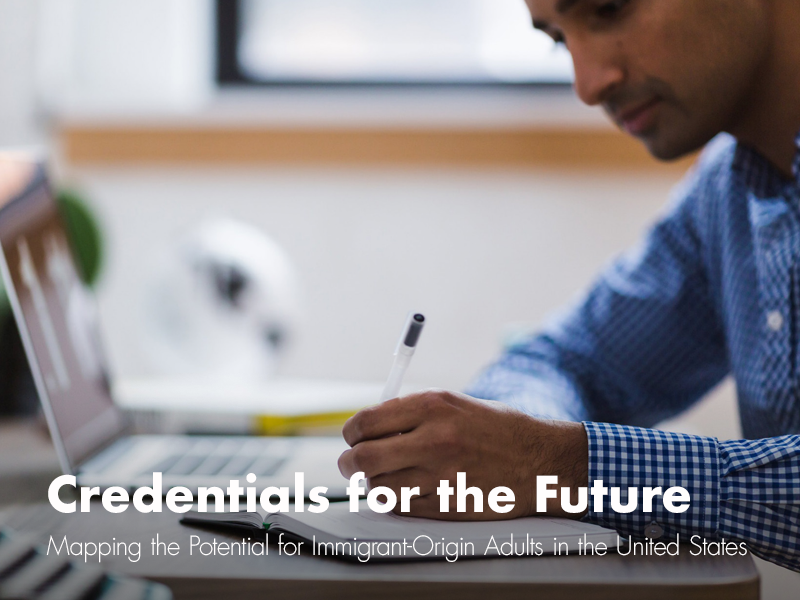Whether age 16, 24, 35, or 62, students struggle to make sense of the maze of available learning opportunities. What’s the right pathway that can lead to the right job or career? Employers also struggle to make sense of the credentials on resumés. How can they evaluate job candidates? How can they know who is truly qualified?
Between the two perspectives lies a highly fragmented collection of certificates, degrees, licenses, and badges offered by thousands of providers in the real world, online, or both. It’s confusing and overwhelming.

Organizations with expertise in certifications
Center on Education and Skills New America
The Center reaches across the traditional silos of higher education and workforce development to identify strategies for strengthening linkages between learning and work, and between schools and local economies. Especially focused on apprenticeship, CTE, and other types of work-based learning, and situated at the increasingly fluid intersection of education and employment, CESNA’s work spans different ages, population groups, geographical areas, and industries.
Council for Community and Economic Research
The Council for Community and Economic Research (C2ER) is a membership organization that promotes excellence in community and economic research by providing: A large, focused network of industry professionals; Training and information gathering provided by top industry experts; and Advocacy and offering of high-quality data.
Credential Engine
Credential Engine is a non-profit whose mission is to create credential transparency, reveal the credential marketplace, increase credential literacy, and empower everyone to make more informed decisions about credentials and their value.
Education Strategy Group
Education Strategy Group works with America’s education leaders and employers to design, scale and implement strategies that improve attainment. They specialize in strengthening the transition points that have the highest stakes for youth and adults and the highest benefit for states, communities and economies.
George Washington University Institute of Public Policy – Workforce Policy
The researchers in this area are knowledgeable about labor market dynamics, worker education and training programs and policies, and labor market data systems.
Georgetown University Center on Education and the Workforce
The Georgetown University Center on Education and the Workforce (CEW) is an independent, nonprofit research and policy institute affiliated with the Georgetown McCourt School of Public Policy that studies the link between education, career qualifications, and workforce demands.
Institute for Credentialing Excellence
The Institute for Credentialing Excellence, or ICE, is a professional membership association that provides education, networking, and other resources for organizations and individuals who work in and serve the credentialing industry. ICE is a leading developer of standards for both certification and certificate programs and it is both a provider of and a clearinghouse for information on trends in certification, test development and delivery, assessment-based certificate programs, and other information relevant to the credentialing community.
Jobs for the Future
Jobs for the Future accelerates the alignment and transformation of the American workforce and education systems to ensure access to economic advancement for all.
National Coalition of Certification Centers (NC3)
The National Coalition of Certification Centers is a value-driven organization and the future model for Career and Technical Education, creating highly-skilled, job-ready professionals through a growing network of educational partners and global industry leaders.
National Skills Coalition
National Skills Coalition is a broad-based coalition working toward a vision of an America that grows its economy by investing in its people so that every worker and every industry has the skills to compete and prosper. They engage in organizing, advocacy, and communications to advance state and federal policies that support these goals – policies that are based on the on-the-ground expertise of our members.
Workcred
Workcred’s mission is to strengthen workforce quality by improving the credentialing system, ensuring its ongoing relevance, and preparing employers, workers, educators, and governments to use it effectively.